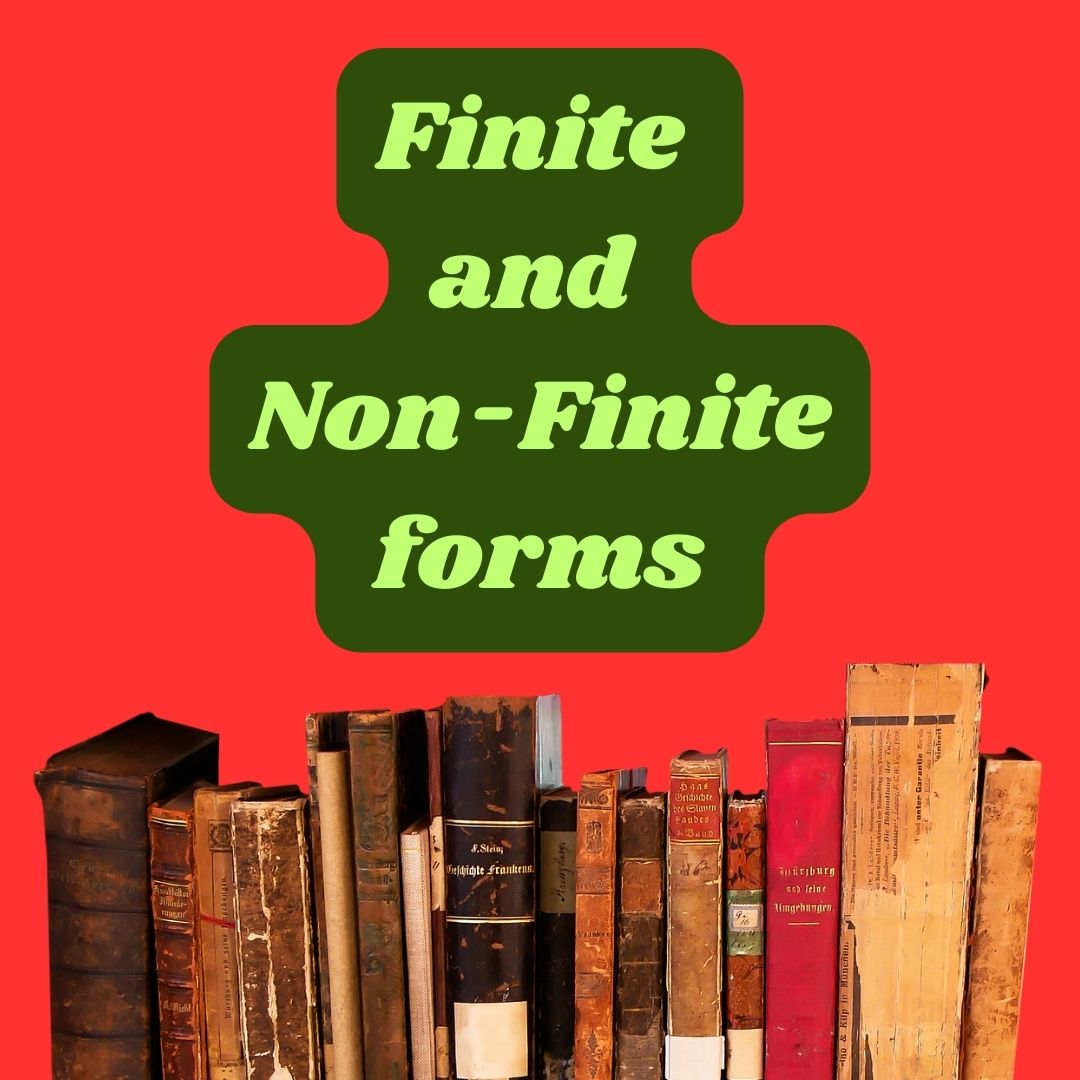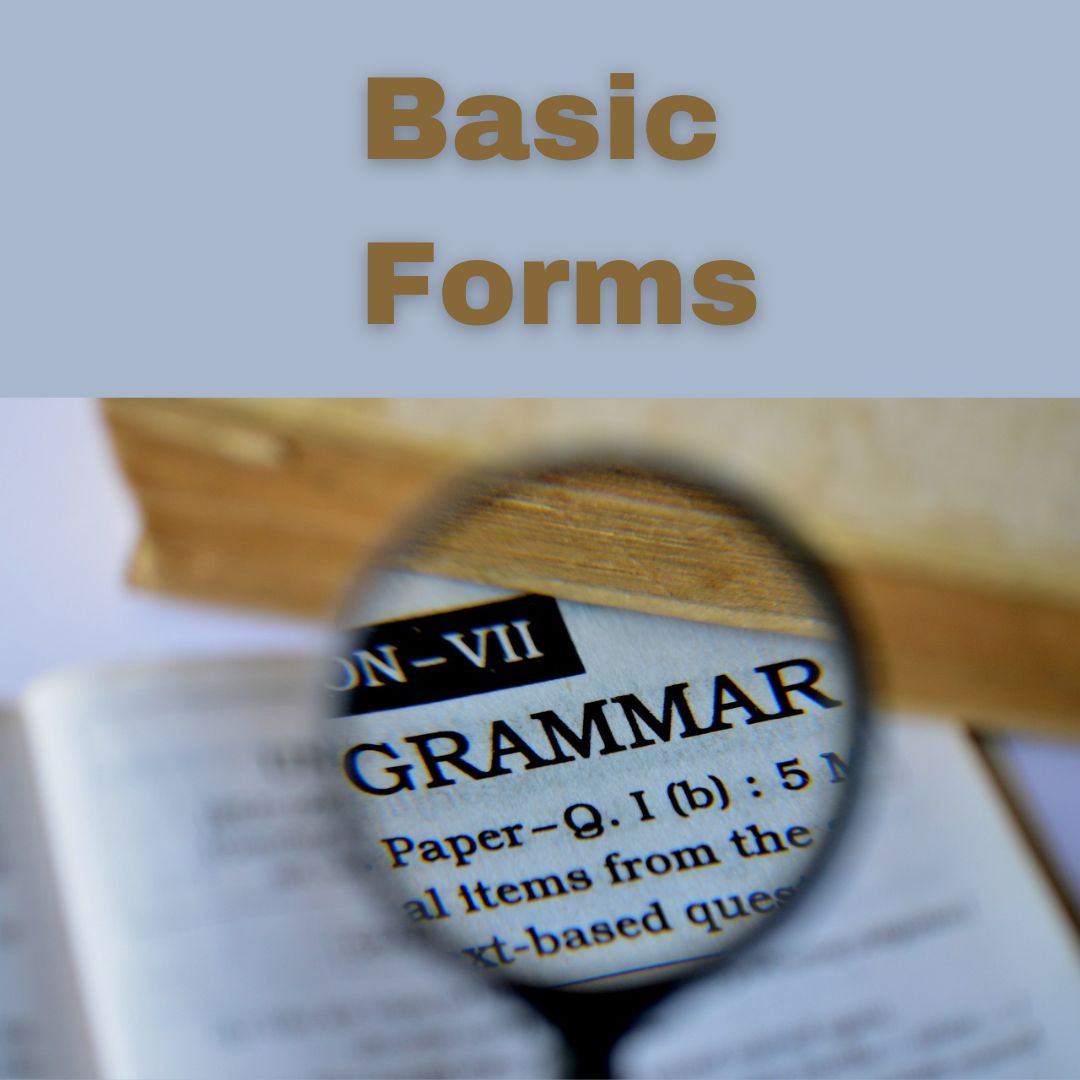Tag: infinitive

Modal Verbs: ought to
Ought to is a modal auxiliary verb that is used to express obligation or duty. It is often used to suggest a moral or ethical obligation, rather than a legal obligation

Modal Verbs: must
Must with the indefinite infinitive is used in the present to express a strong obligation, necessity or deduction. Examples: I must study for my exam. (strong obligation)

Finite and non- finite forms of the Verbs
In grammar, a finite verb is a verb form that shows tense, person, number, and mood. A finite verb is used to indicate that the action or state of the verb is limited to a specific time or subject.

The Basic forms of The English verb
This is the simplest form of a verb, usually the infinitive without the to particle. It is used in a variety of contexts such as commands, imperatives, infinitive phrases, and more. Example: Please speak louder (speak is the base form of the verb.)